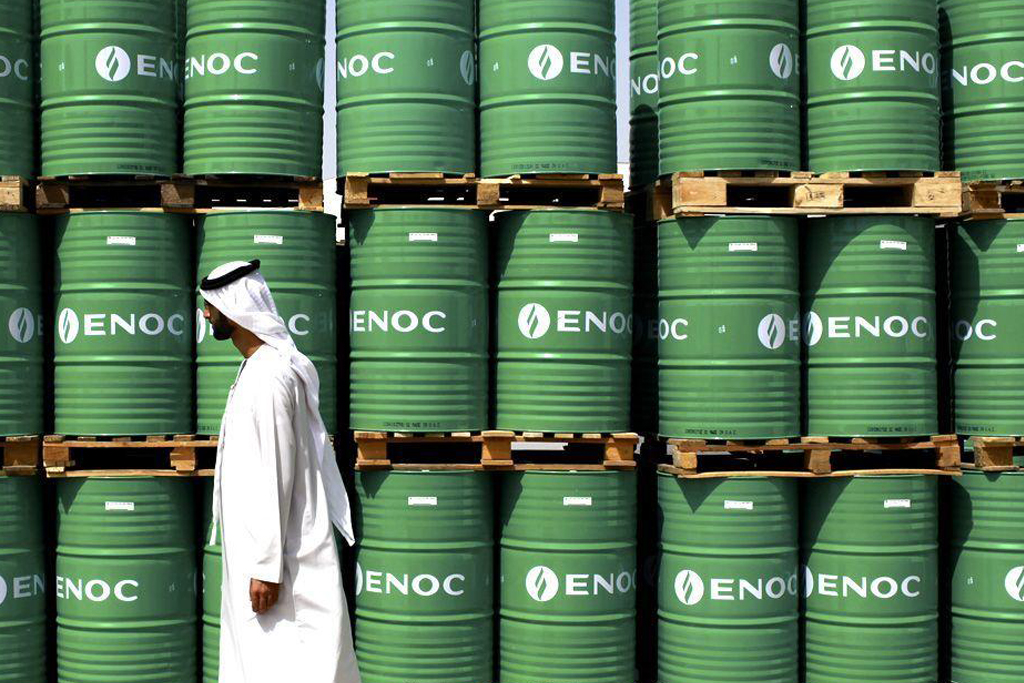GCC countries are realigning their investment plans and ploughing their oil wealth in emerging markets instead of the western developed countries, says the latest report from a regional research body.
April 16, 2006 | Gulf News | Stanley Carvalho
https://gulfnews.com/business/sectors/markets/gulf-countries-shifting-funds-to-emerging-markets-1.233112
GCC countries are realigning their investment plans and ploughing their oil wealth in emerging markets instead of the western developed countries, says the latest report from a regional research body.
“The DP World debacle witnessed in America and currently unfolding in India should not and most probably will not deter the GCC’s foreign investment plans, but may herald realignment,” says Emilie Rutledge, economic researcher at the Dubai-based Gulf Research Centre (GRC).
“There is little doubt that the anti-Arab sentiment experienced by DP World will, to a certain extent, deter other GCC investors from seeking to acquire US assets. But more generally, Gulf governments are no longer happy to simply hold US Treasury bonds. Today, they are more interested in the return on their investments, and are more willing to take calculated risks and invest in key Asian growth markets such as China and India.”
For example, the Kuwait Investment Authority (KIA) is currently in the process of realigning investment in Organisation for Economic Cooperation and Development countries to emerging markets, noted the report, quoting Bader Al Sa’ad, KIA’s managing director.
The Gulf states plan to invest more revenues from oil sales in Asian countries to strengthen ties with their fastest-growing energy customers.
The Abu Dhabi Investment Authority (ADIA) and KIA is in the process of buying 10 per cent of the Industrial and Commercial Bank of China for a reported $2 billion. ADIA, one of the world’s richest investment bodies, is known to be looking to buy more assets in emerging markets, such as Chinese insurance and oil and gas companies as well as Indian financial services firms.
Dubai’s Istithmar is refreshingly open with regard to its strategies and acquisitions and has acquired a significant shareholding in SpiceJet, a leading low-cost airline in India, which was launched in May 2005. But despite some recent setbacks like the DP World case, the report suggests that the GCC countries should focus on acquiring assets abroad.
“GCC governments can and should do several things with current windfall revenues and surplus liquidity in order to mitigate the risks of future oil price shocks. The period of protracted economic stagnation suffered by the region for much of the 1980s and 1990s must not be forgotten. Apart from investing in infrastructure and human capital and moving into the value-added downstream energy industries, the GCC should concentrate on acquiring overseas assets.”


